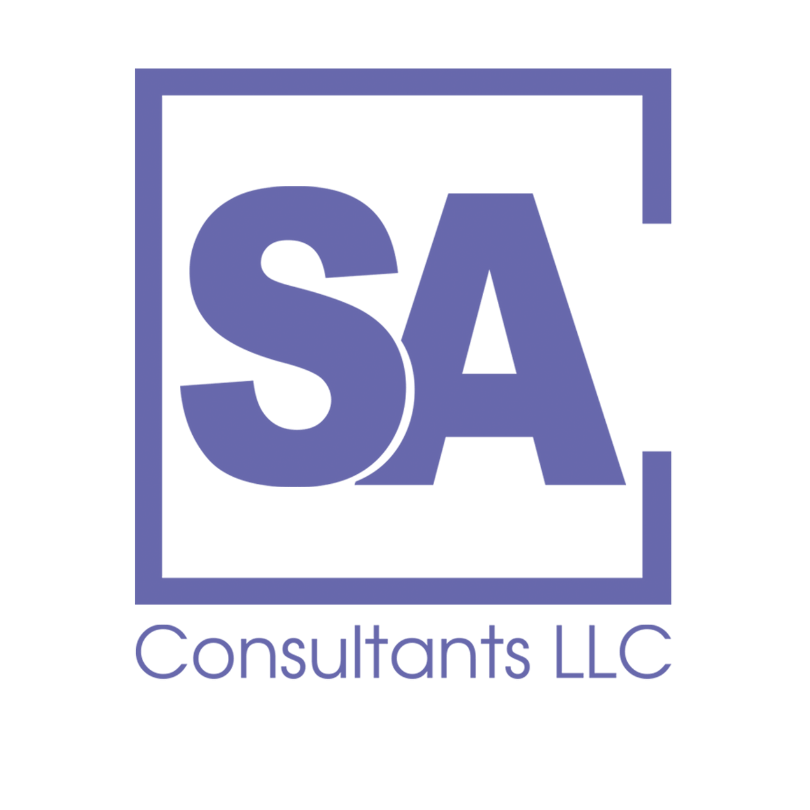We are the Best Consulting web site as part of the annual WebAward Competition!
We are the Best Consulting web site as part of the annual WebAward Competition!

Corporate tax services are undergoing a transformative phase driven by technological advancements, regulatory changes, and evolving client demands. As businesses navigate an increasingly complex tax landscape, they are turning to innovative solutions to optimize their tax strategies. In this article, we’ll explore the emerging trends and innovations shaping the future of corporate tax services.
Automation and artificial intelligence (AI) are revolutionizing Business tax planning services by streamlining repetitive tasks, and enabling deeper insights. AI-powered algorithms can analyze vast amounts of financial data to identify potential tax deductions, credits, and compliance risks. Machine learning models can also adapt to changing tax regulations and provide real-time updates to clients.
Robotic process automation (RPA) is another technology driving efficiency in tax services. RPAs can handle routine tasks such as data entry, reconciliation, and report generation, freeing up tax professionals to focus on higher-value advisory services. As automation becomes more prevalent, tax firms will need to upskill their workforce to leverage these technologies effectively.
Data analytics is becoming increasingly integral to corporate tax services, enabling proactive decision-making and risk management. By harnessing advanced analytics tools, tax professionals can uncover patterns, trends, and anomalies within financial data. Which provides valuable insights for tax planning and forecasting.
Predictive modeling techniques allow tax advisors to anticipate future tax liabilities, optimize cash flow, and identify opportunities for tax optimization. By leveraging historical data and external factors such as regulatory changes and economic trends, predictive models can help businesses make informed tax-related decisions.
Cloud computing has revolutionized how tax services are delivered. Enabling seamless collaboration and access to real-time data from anywhere in the world. Cloud-based tax software solutions offer scalability, security, and flexibility, allowing Tax optimization for businesses professionals to work remotely.
Remote collaboration tools facilitate communication and project management across distributed teams. It also enabling tax firms to serve clients more efficiently and cost-effectively. As remote work becomes the norm, tax firms must invest in robust cybersecurity measures and employee training to mitigate potential risks associated with remote access and data sharing.

The evolving regulatory landscape and frequent changes to tax policies pose significant challenges for businesses seeking to maintain compliance and minimize tax liabilities. Tax firms must stay abreast of regulatory developments and proactively advise clients on potential implications for their tax strategies.
Technology-driven solutions for corporate tax for free zone companies such as regulatory compliance software and tax planning platforms help businesses stay compliant with complex tax laws and regulations. These platforms leverage machine learning algorithms and natural language processing (NLP) to interpret tax regulations, analyze their impact on specific industries, and recommend appropriate tax-saving strategies.
Tax firms are focusing on delivering personalized, value-added services that meet the unique needs of their clients. Client-centric corporate tax services approaches involve understanding clients’ businesses, industries, and long-term goals to provide tailored tax solutions that drive growth and profitability.
Advisory services such as tax planning, risk management, and strategic consulting are in high demand. Tax firms are investing in building trusted advisor relationships with clients. They are also offering proactive advice, and strategic guidance to help them achieve their objectives.
The integration of environmental, social, and governance (ESG) factors into corporate tax strategies is gaining traction as businesses increasingly prioritize sustainability and social responsibility. Tax firms are developing specialized services to help clients navigate the tax implications of ESG initiatives. Which includes renewable energy investments, carbon emissions reporting, and social impact investments.
By aligning tax strategies with ESG goals, businesses can reduce their tax liabilities. They will enhance their reputation, attract investors, and mitigate regulatory risks. SA Consultants leverages data analytics and AI to assess the tax implications of ESG initiatives and identify opportunities for tax incentives and credits related to sustainable practices.
Blockchain technology has the potential to revolutionize corporate tax services. This would be done by enhancing transparency, security, and efficiency in tax-related transactions and reporting. Distributed ledger technology (DLT) enables real-time tracking and verification of financial transactions, ensuring data integrity and reducing the risk of fraud and errors.

Tax firms are exploring blockchain-based solutions for tax compliance, transfer pricing, and supply chain management. Smart contracts executed on blockchain networks can automate tax calculations, payments, and reporting, streamlining tax processes and reducing administrative overhead.
Additionally, blockchain technology can facilitate cross-border transactions and international tax compliance by providing a decentralized platform for secure data exchange and regulatory reporting. Tax firms must stay ahead of the curve to leverage its potential benefits for their clients.
You can Also Read: Technology Trends Reshaping VAT Audit Services in UAE
With the increasing digitization of tax processes and the growing threat of cyberattacks and data breaches, cybersecurity and data privacy have become paramount concerns for tax firms and their clients. Protecting sensitive financial information and ensuring compliance with data protection regulations are critical priorities for tax professionals.
Tax firms are investing in robust cybersecurity measures, such as encryption, multi-factor authentication, and intrusion detection systems, to safeguard client data and prevent unauthorized access. Regular security audits and employee training programs help mitigate the risk of cyber threats and ensure compliance with regulatory requirements.
Furthermore, data privacy regulations such as the General Data Protection Regulation (GDPR) and the California Consumer Privacy Act (CCPA) impose strict requirements on the collection, storage, and processing of personal data, including financial information. Tax firms must ensure compliance with these regulations to avoid hefty fines and reputational damage.
As tax regulations become increasingly complex and enforcement efforts intensify, company formation in Dubai firms are collaborating more closely with regulatory authorities to ensure compliance and mitigate risks for their clients. Building strong relationships with tax authorities enables tax professionals to stay informed about regulatory changes and resolve disputes more effectively.
Collaborative initiatives such as voluntary disclosure programs and cooperative compliance agreements allow businesses to proactively address tax issues and avoid penalties. By fostering open communication and transparency with tax authorities, tax firms can help clients navigate the intricacies of the tax system and maintain trust and credibility with regulatory agencies.
The future of corporate tax services is characterized by technological innovation, regulatory complexity, and client-centricity. Tax firms must embrace emerging trends and innovations to stay competitive to comply with evolving regulations.
Overall, the future of Corporate tax consulting promises greater efficiency, transparency, and strategic value for businesses seeking to navigate the complexities of the tax landscape. Embracing innovation and adopting a forward-thinking mindset with SA Consultants will be essential for tax firms looking to thrive in the digital age.
